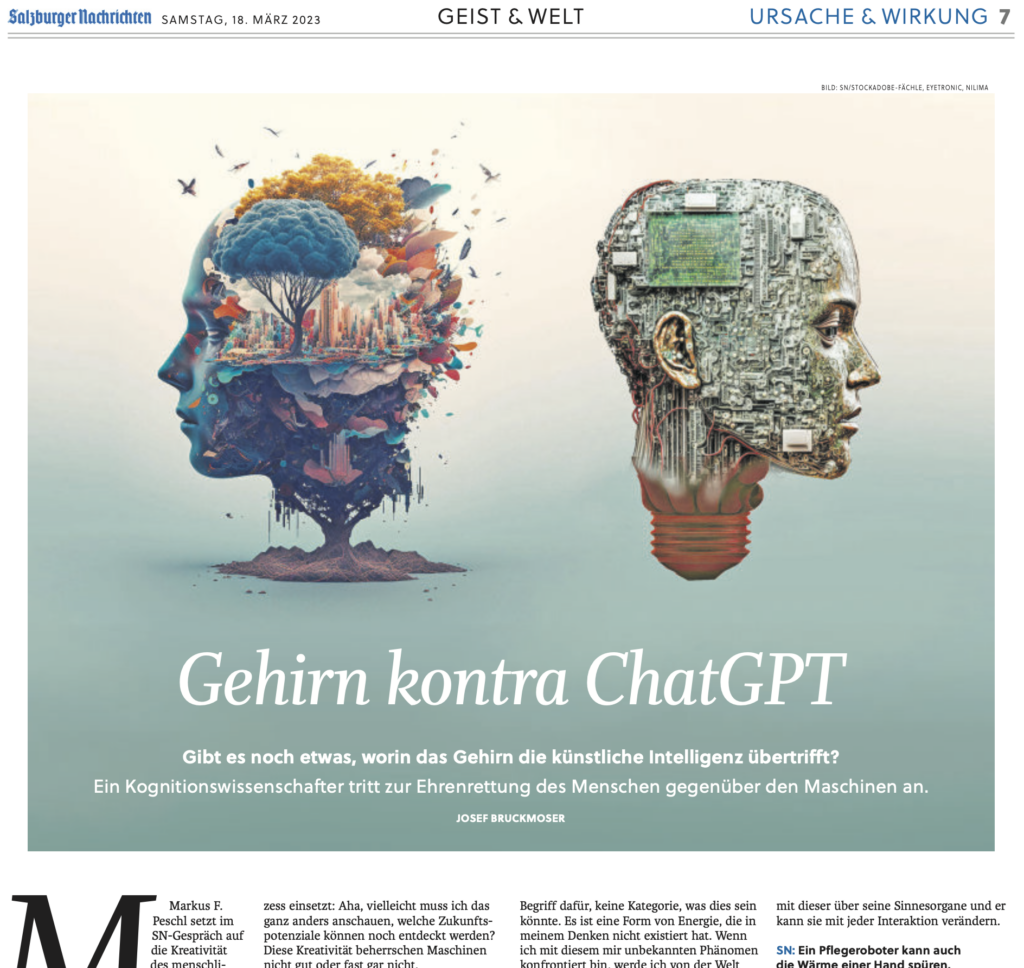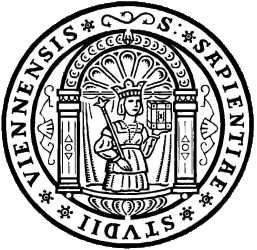Joy @ Work — on the relationship between joy and work (in the 21st century)
How joyful work (environments) contributes to personal and organizational self-actualization and purpose
This is part 1 of a first draft of an explorative paper on the relationship between joy/joyfulness and work.
The next parts will follow in the next blog entries
Part 1 | Part 2 | Part 3
Abstract
In this paper we explore the role of joy and joyfulness in the context of work; more specifically, we will take a look at the relationship between the human activity of work and how it may contribute to joy. Talking about joy, we do not have in mind superficial forms of fun, happiness or well-being that are driven by a hedonistic or pleasure-seeking attitude. Rather, we will follow Aristotle’s concept of eudaimonia that consists in a life of virtuous activity leading to the fulfillment or self-actualization of our human capacities and potentials by identifying, following, and realizing one’s final good and purpose. In this sense, (self-)agency (in the service of eudaimonia) becomes one of the key drivers for joyful (work) experience.
Based on these considerations, we will develop a perspective on work as a joyful activity rather than being a purely standardized process without deeper purpose. We will show that work is an important factor contributing to self-actualization, if work environments as well as co-workers, peers, and leaders support this goal. Experience of (self-)agency and being connected to a purpose play a crucial role in this context. In the final section we will develop concrete guiding principles for leaders on how to make work a joyful and fulfilling activity by providing a joyful and enabling place to work by focusing on purpose and self-actualization.
Keywords: work, joy, eudaimonia, self-actualization, future of work, automation, purpose
Joyful work — Introduction
In this paper, we are going to have a look at the relationship between the human activity of work and joy. From an everyday perspective, this might sound contradictory, as work is considered not very joyful in most cases. It is tedious, exhausting and often not experienced as being a joyful activity. We want to show that, if work is done as or becomes a joyful activity, this contributes to a purposeful life, to personal self-actualization, as well as to possibly making the world a better and thriving place and even to increase the innovativeness, impact, and success of an organization.
When we talk about joy, we have in mind a form of happiness in the sense of well-being. However, in this paper, we do not mean happiness or “fun” in a superficial sense that is grounded in a hedonistic or pleasure-seeking attitude. Hence, joy, for us, is not so much about having a specific desired experience, pleasure, or getting or possessing what you want or desire. Rather, we think of joy or happiness in the Aristotelian sense as things, persons, phenomena, etc. that benefit us independently of our attitudes or feelings/emotions. We follow an Aristotelian perspective of understanding well-being as eudaimonia: it consists in a life of virtuous activity leading to the fulfillment of our human capacities and potentials (Aristotle 1991) “A passive but contented couch potato may be getting what he wants, and he may enjoy it. But he would not, on Aristotelian and other objective list theories, count as doing well, or leading a happy life.” (Haybron 2020).
Eudaimonia
Final good/purpose
It seems to be undisputed that every human being strives for living a good life. Living a good life in “happiness” turns out to be a final good. So, what does a good life, the ultimate purpose of human existence, or a human final good consist in? Aristotle (1991) develops several criteria in his Nicomachean Ethics: first of all he emphasizes that the final good has to be pursued for its own sake; i.e., we wish/desire for other things for the sake of this final good and we do not wish for it because of other things. This final good has to be complete in the sense of being always choiceworthy (“the best thing to choose from”) and it has to be self-sufficient in the sense of when being present one does not wish/desire for anything else and, consequently, one does not lack anything else. It is the final cause of one’s life. Most forms of “fun”, pleasure, or happiness do not satisfy these criteria as they are—in most cases—not pursued for the sake of themselves (e.g., drinking a cold beer, any kind of (superficial) pleasure, seeking wealth or reputation, etc.), they are instrumental, they are—at best—a means for a final good.
Eudaimonia, agency, and self-realization/actualization
Aristotle shows that eudaimonia satisfies these criteria. It can be translated as “happiness”, living a flourishing life, “living well”, or as living a “good life”. Although the concept seems to be very general, eudaimonia is, in its essence, achieved by fully actualizing and realizing a human person’s potential and his/her capacities. It is an activity leading to profound happiness consisting in living a life in accordance with virtue realizing one’s (latent) deepest purpose. In a way one could say that eudaimonia can be seen as living in positive resonance with oneself and his/her surrounding/context and one’s highest potentials. So, it does not suffice to “have” a specific capacity or disposition, but one has to actively live and realize it, to actualize these potentials, bring them to actuality in concrete actions. If one has, for instance, a disposition of being an outstanding artist, it is necessary to develop and execute one’s artistic capacities by engaging in concrete artistic work in accordance with the virtues and excellency of reason.
So, eudaimonia goes far beyond having short-term fun or quick satisfaction of some needs. Being a final end/cause, purpose, or goal it encompasses one’s life in its entirety. It is not a matter of hours or days that one can achieve this final goal or eudaimonia, but it takes the whole lifetime, because it is the ultimate value providing direction and orientation in a process of engaging in realizing one’s potentials.
From these considerations one can see that the concept of eudaimonia is closely related to the experience of (self-)agency: it is the capacity to engage with one’s (physical and social) environment in a purposeful manner; instead of reacting only, one experiences oneself as the author of change and of having impact on specific aspects of one’s external and internal environment/life.


